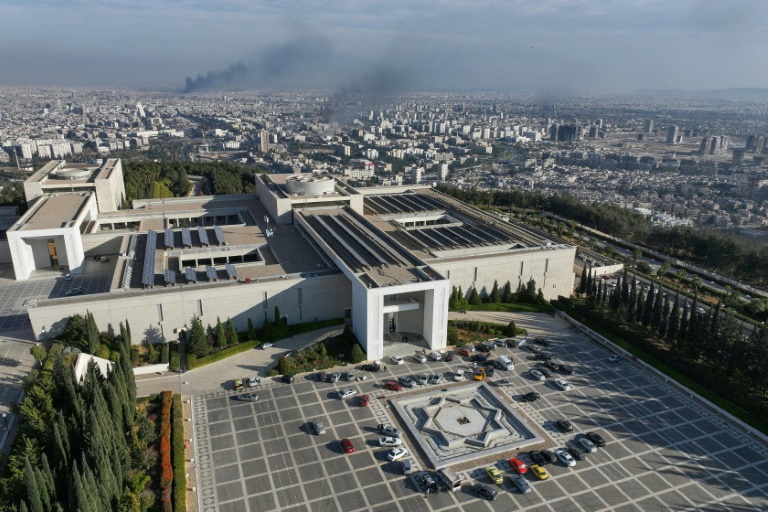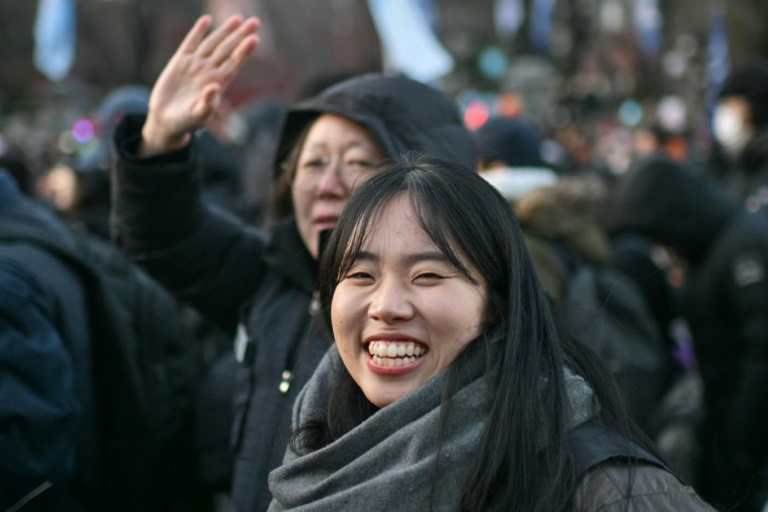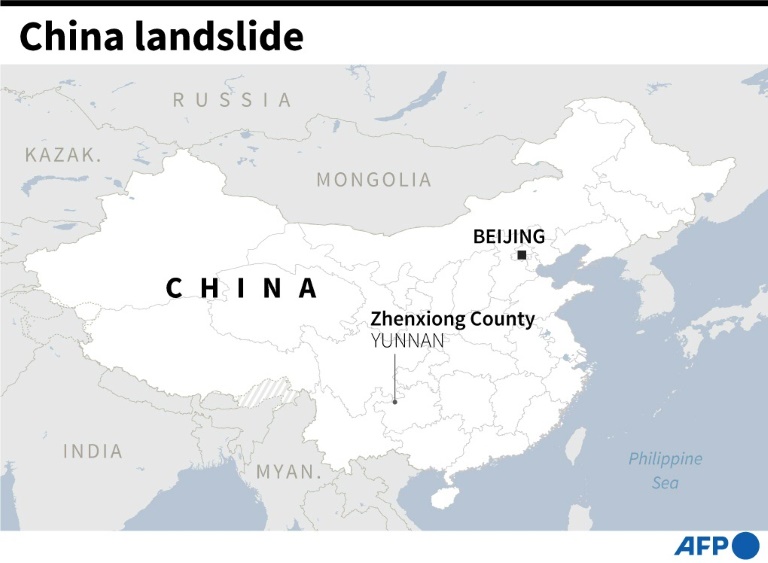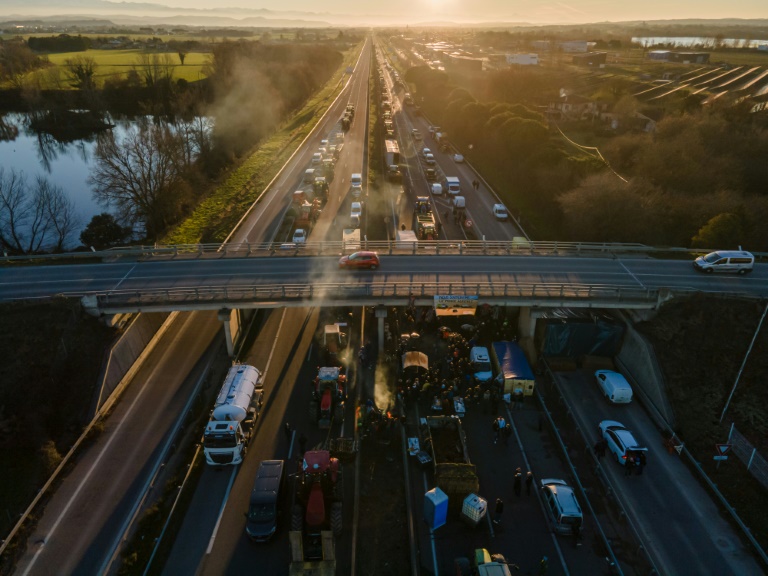Cameroon on Monday launched the first malaria vaccination programme to be offered nationwide and as a matter of routine, AFP journalists saw, in a step the WHO has described as “historic”.
The mosquito-borne disease kills more than 600,000 people a year, mainly in Africa, according to the World Health Organization.
Children under five years old account for more than 80 percent of deaths on the continent.
Following a pilot phase, the RTS,S vaccine is being rolled out at scale across Africa, starting in Cameroon.
At a hospital in the town of Soa, 20 kilometres (12 miles) from the capital Yaounde, six-month-old Noah Ngah became the first to receive the injection at the facility.
Cheered and encouraged by the nurses, the infant received the jab — much to the relief of his mother, who was waiting to have his twin sister vaccinated too.
“Some parents are reticent but I know that vaccines are good for children,” their mother Helene Akono told AFP.
It is one of many vaccine centres in 42 districts designated a priority across the vast central African nation of some 28 million people.
The jab will be offered free of charge, according to the government, and systematically to all children under six months old at the same time as other obligatory or recommended vaccinations.
The WHO, the UN children’s agency UNICEF and the Gavi vaccine alliance said in November that the move was “a historic step towards broader vaccination against one of the deadliest diseases for African children”.
More than 300,000 doses of RTS,S — the first malaria vaccine recommended by the UN’s WHO — arrived in Yaounde in late November.
It took two months to organise Monday’s launch.
Since 2019, more than two million children have been jabbed in Ghana, Kenya and Malawi in a pilot phase.
The drive resulted in substantial reductions in severe malaria illness and hospitalisations.
Cameroon is the first large-scale and systematic programme in the world, according to the WHO, the coordinator of the campaign which is largely financed by Gavi.
“In Cameroon, 30 percent of consultations are linked to malaria,” Aurelia Nguyen, chief programme officer of the Gavi vaccine alliance, told AFP.
“Having a preventative tool like the vaccine will free up the health system and result in fewer hospitalisations and deaths.”
Burkina Faso, Liberia, Niger and Sierra Leone are set to follow with large-scale vaccination programmes.
Willis Akhwale, special adviser at End Malaria Council Kenya, said the rollout was a relief but not a “silver bullet”.
“The efficacy, much as it is saving lives, is not 100 percent, but even at 40 percent it’s saving lives and especially at the age bracket of two years old when you tend to get severe malaria,” he told AFP.







